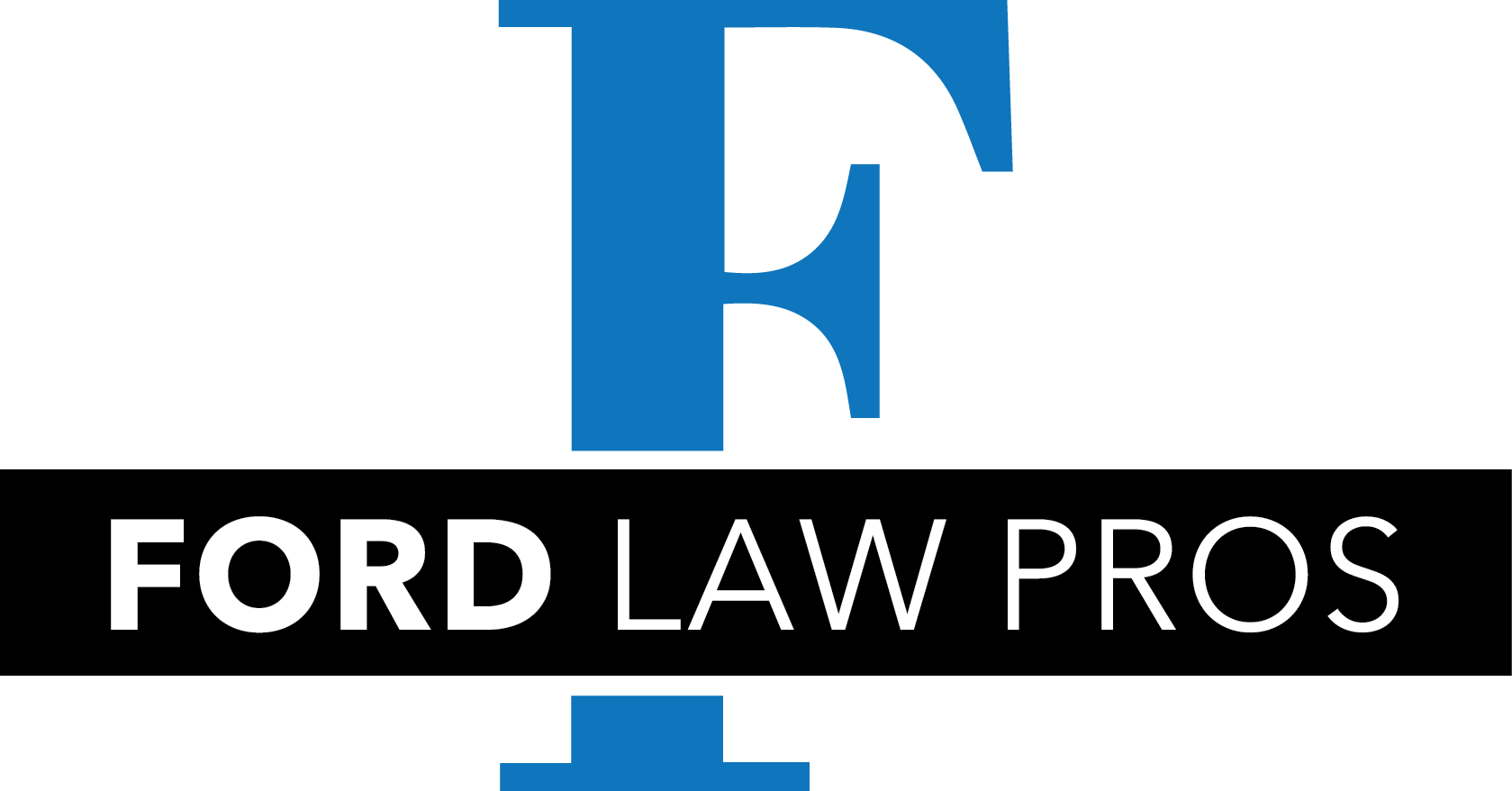I love life insurance. It is one of the best estate planning tools God created. Seriously. Let me tell you why. Even the person with the most modest of incomes can provide for their spouses, children, grandchildren, aunts, uncles and cousins to the third degree with the right life insurance policy. Moreover, it is the quickest way to get cash into the hands of your loved ones after your death. This is critical if you don’t have your funeral expenses covered because your loved ones will have to bear the burden of covering those costs (which can be upwards of $10,000 for a basic funeral) if you don’t take the time to plan ahead. Now that I have your attention, let me tell you how to set up your life insurance without it counting towards your estate for tax purposes! You did know your estate may have to pay taxes if it is valued above certain amount, right? That’s a whole nother blog post (yes, I said “nother”.)
So here is how it’s done:
First, termine how much you want to leave behind. Think funeral expenses (if you don’t have sufficient burial insurance), unpaid mortgage (if you don’t have mortgage cancelling insurance), the car note and other bills that will be dumped on your spouse and any special needs that your family may have (a mentally or physically challenged child or a spouse who makes substantially less than you do). If you you plan properly, your family will make it through the transition of losing a loved one with a lot more comfort than if you fail to plan. Second, if you have a taxable estate you should consider changing the ownership of your policy from you to someone else. This is how you will avoid having the cash value of the policy counting towards your estate for tax purposes. The policy will be taken out on your life but it will be owned by someone else. This has to be someone you trust because as the owner they can change beneficiaries and alter the terms of the policy. Keep that in mind. You can also set up a life insurance trust that will hold the proceeds of the policy and distribute them after your death according to your wishes. To reap the tax advantages, you must name a third party as the trustee. (More on trusts and how they work later.)
Estate planning gives you a reservoir of options that are custom made for your family. Everyone may not need a trust, but everyone needs a basic will, power of attorney, advance directive and life insurance. It is the best way to show your family you love them after you are gone.

